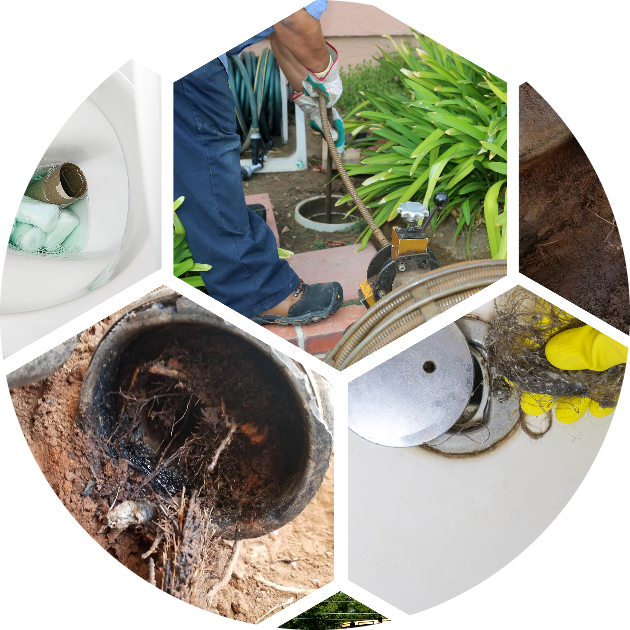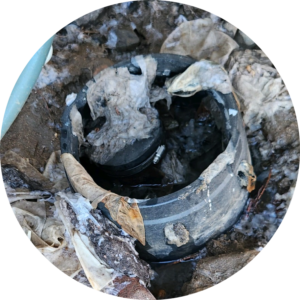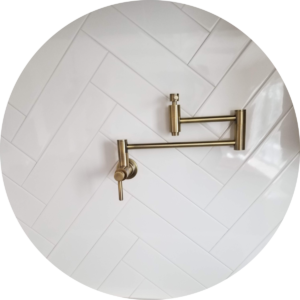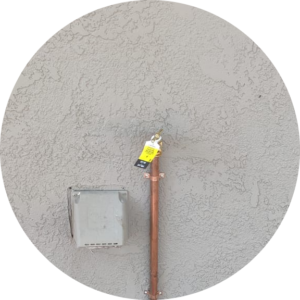There are several preventive measures you can take to reduce the likelihood of expensive plumbing issues in your home. By practicing good maintenance and being proactive, you can save money on repairs and avoid water damage. Here are some preventative steps:
- Regular Inspections:
Schedule regular plumbing inspections by a professional plumber. We can identify potential problems early, such as leaks or deteriorating pipes, before they become major issues.
- Drain Maintenance:
-
- Avoid putting grease, coffee grounds, food scraps, and other debris down the sink. Use drain screens or strainers to catch solids.
- Periodically flush drains with hot water to clear minor buildups.
- Water Pressure Control:
-
- Install a pressure regulator to control water pressure. High water pressure can damage pipes and fixtures over time.
- Monitor and adjust water pressure as needed to keep it within a safe range (typically 40-80 psi).
- Proper Insulation:
-
- Insulate pipes in unheated or exposed areas of your home, especially during cold weather, to prevent freezing and pipe bursts.
- Insulate your water heater to improve energy efficiency.
- Leak Detection Devices:
-
- Install water leak detection devices that can alert you to leaks and shut off the water supply automatically in case of a major leak.
- Appliance Maintenance:
-
- Regularly inspect and maintain appliances that use water, such as washing machines, dishwashers, and refrigerators with water dispensers. Replace hoses and connections as needed.
- Water Softeners:
-
- Consider installing a water softener if you have hard water. Hard water can lead to mineral buildup in pipes and appliances, reducing their lifespan.
- Sump Pump Maintenance:
-
- If you have a sump pump, test it regularly to ensure it’s functioning correctly, especially during the rainy season.
- Keep the sump pump pit clean and free of debris.
- Proper Use of Fixtures:
-
- Use fixtures and appliances as intended. Avoid overloading garbage disposals, and don’t use toilets as trash cans.
- Be mindful of what you flush down the toilet.
- Tree Root Prevention:
-
- If you have trees near your property, have our professional inspect and trim tree roots that could infiltrate and damage sewer lines.
- Emergency Shut-off Valve:
-
- Make sure everyone in your household knows the location of the main water shut-off valve and how to use it. This can prevent water damage in case of a plumbing emergency.
- Educate Your Household:
-
- Teach family members or roommates about plumbing best practices and what not to do to avoid common mistakes.
- Quality Plumbing Fixtures:
-
- Invest in high-quality plumbing fixtures and appliances, as they often come with longer warranties and are less prone to issues.
By taking these preventative measures, you can significantly reduce the risk of expensive plumbing problems and prolong the life of your plumbing system. Remember that regular maintenance and timely repairs are key to avoiding costly issues in the long run. Give us a call and we will be happy to inspect your plumbing system.




